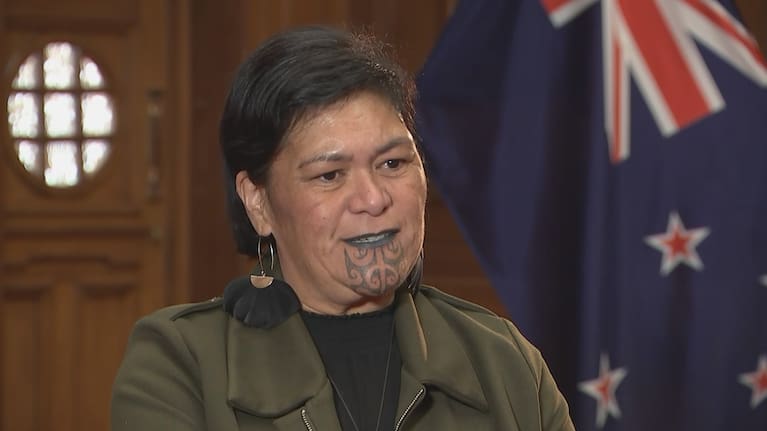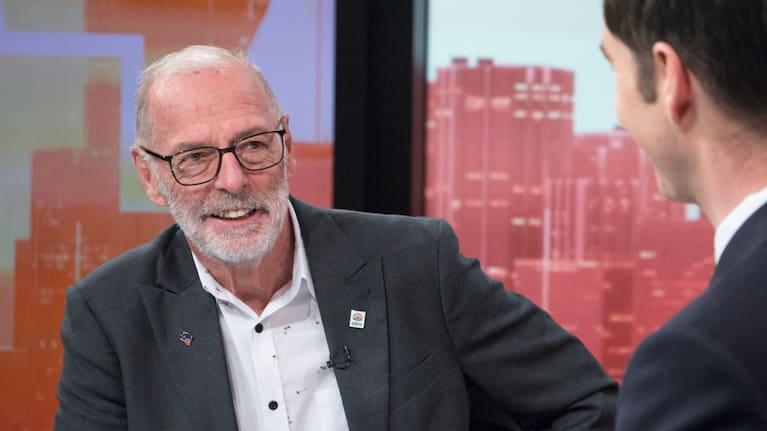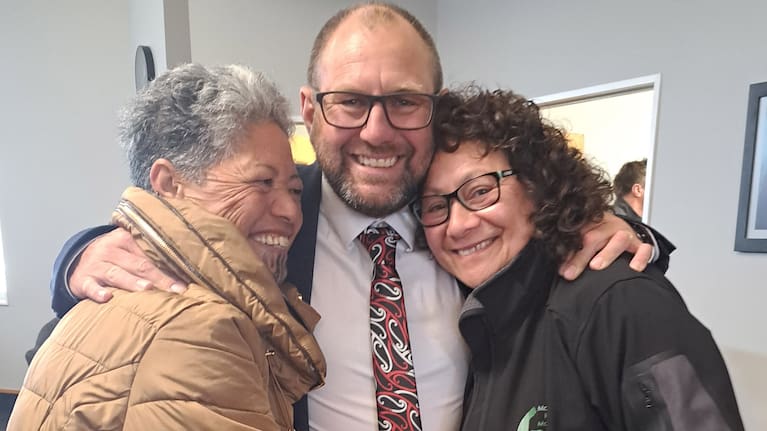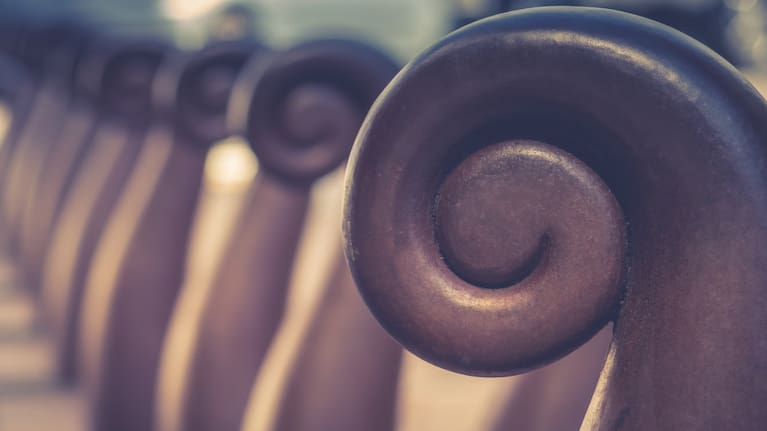Auckland Council this week voted against establishing a Māori ward after a recent law change allowed it to consider the option for the first time.
Nearly half of the councils around New Zealand already have Māori wards yet it’s an issue that still prompts debate in some quarters.
Māori wards also look to be on shaky ground politically.
Prime Minister-elect Christopher Luxon told reporters in August that Māori wards would likely be repealed under a National-led government.
National’s preferred coalition partner, ACT, is against Māori wards, with party leader David Seymour promising to "repeal race-based Māori wards altogether".
National’s other potential coalition partner, New Zealand First, has also said it would repeal the Local Electoral (Māori Wards and Māori Constituencies) Amendment Act.
So, what are Māori wards?

Māori wards are designed to offer Māori a way to contribute to decision-making at a council level.
Councils can establish Māori wards under the Local Electoral Act 2001.
Māori wards sit alongside general wards in a city or district. People enrolled on the Māori electoral roll vote for one or more councillors in Māori wards. People on the general roll, meanwhile, elect one or more councillors in general wards.
The outgoing government passed legislation to allow councils to decide on whether to establish Māori wards for their city or district.
The new law stripped a provision which previously allowed communities to veto Māori wards in a vote. Prior to that provision being removed, 24 councils attempted to establish Māori wards but only three were successful in doing so.
It’s not mandatory to have Māori wards on a council.
Which councils already have Māori wards?
Nearly half of the councils around New Zealand have chosen to establish Māori wards.
Thirty-five councils had Māori wards or constituencies at the local elections last year. Other councils have since voted to include Māori wards at future elections.
Just this week, Whanganui District Council voted in favour of having Māori wards in place for the 2025 and 2028 elections.
Hauraki District Council also passed a resolution this week to include Māori wards at the next two elections.
Others have voted against Māori wards. This week, for example, Waitomo District Council voted unanimously not to introduce them.
What about Auckland Council?

Tāmaki Makaurau has the largest Māori population in New Zealand. Māori make up 11.5% of the area’s population.
Auckland Council currently has an Independent Māori Statutory Board (IMSB) which advocates for Māori by participating in committees. It doesn’t have any input on decisions made by the council’s governing body.
Auckland Council had previously agreed in principle to Māori seats once the council’s set number of councillors had been removed.
But this week, it voted 11-9 against establishing Māori wards for the next election. Auckland Mayor Wayne Brown abstained from voting on the issue.
The council can revisit this decision in the future.
What are the arguments against Māori wards?
Right-wing lobby group Hobson’s Pledge has been among the most vocal opponents of establishing Māori wards.
Its website claims: "Separating ratepayers into 'Māori' and the ‘rest of us’ is divisive and will damage our communities."
Hobson’s Pledge members reportedly co-ordinated a mass email campaign against Auckland’s Māori wards this week, flooding councillors’ inboxes.
Auckland Council said public feedback that opposed Māori seats "[did] so in the name of equality and with the view that the current system is the most democratic".
It also said those against introducing the seats raised opposition to "race-based politics".
What are the arguments for Māori wards?

Auckland Council said the public feedback that supported having Māori seats "[did] so in the name of equity".
It said those in support of the Māori seats "commonly felt Māori deserve proportionate representation in the decision-making processes and commitment to Te Tiriti o Waitangi".
Hauraki Mayor Toby Adams said yesterday his council’s decision to include Māori wards meant it “[had] the opportunity to work as one to represent the views and aspirations of whānau, hapū and iwi across all aspects of council business".
Josie Anderson of Ngāti Hako agreed, saying people shouldn’t be frightened by Māori wards.
"We all have different opinions, but this is just another step to keep us looking for effective contributions into the infrastructure of council."





















SHARE ME